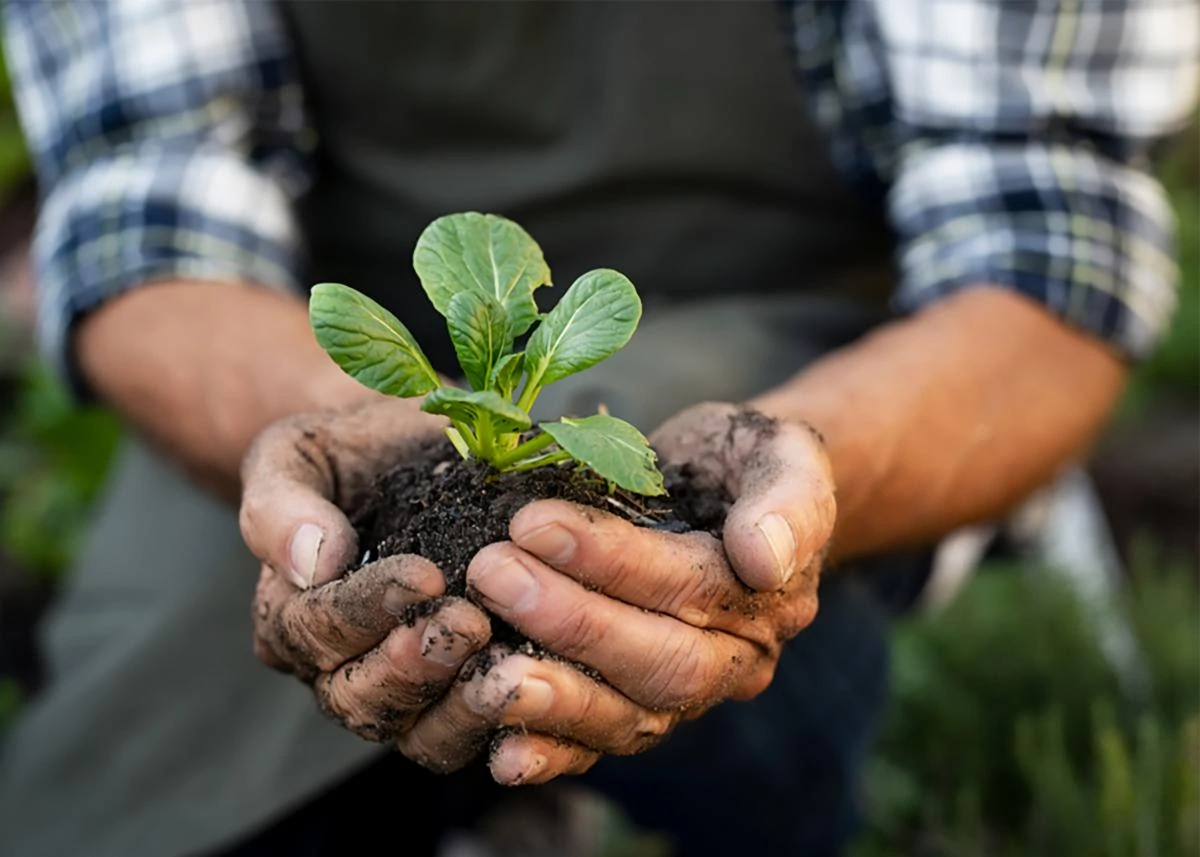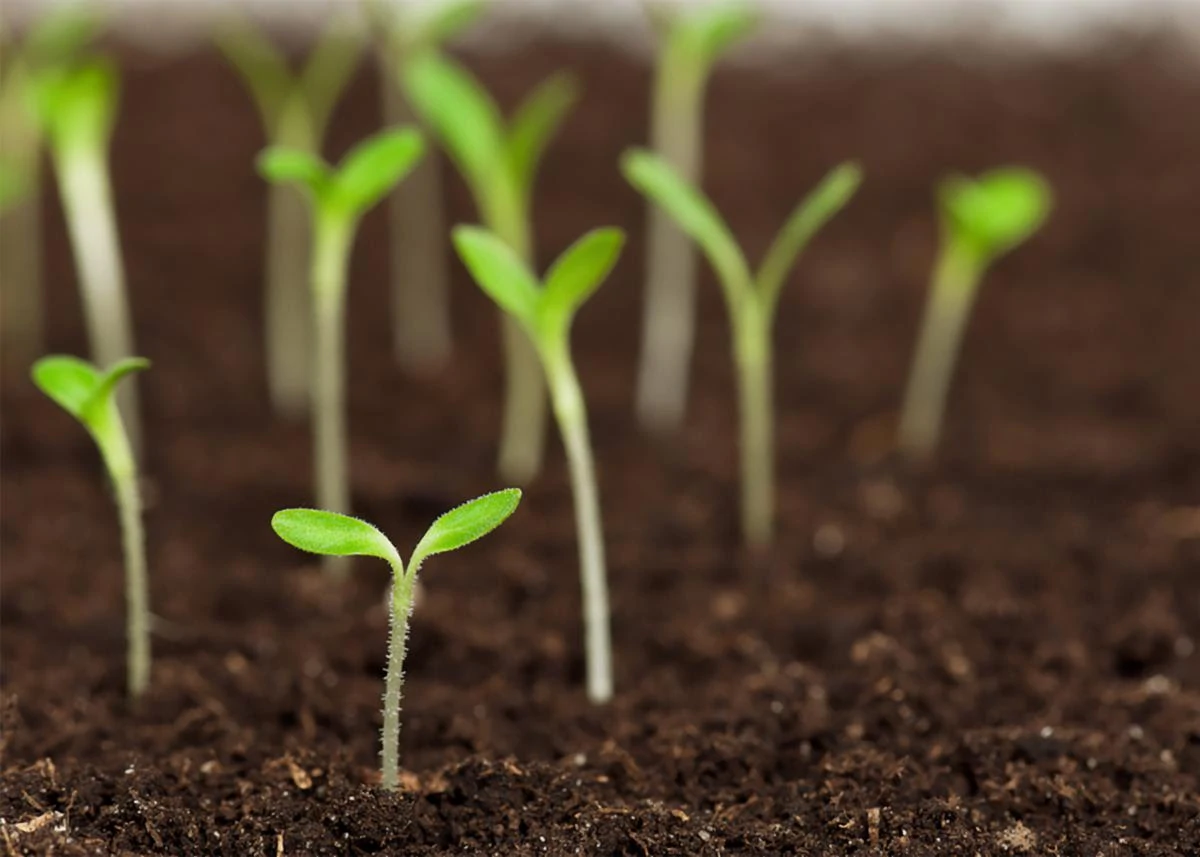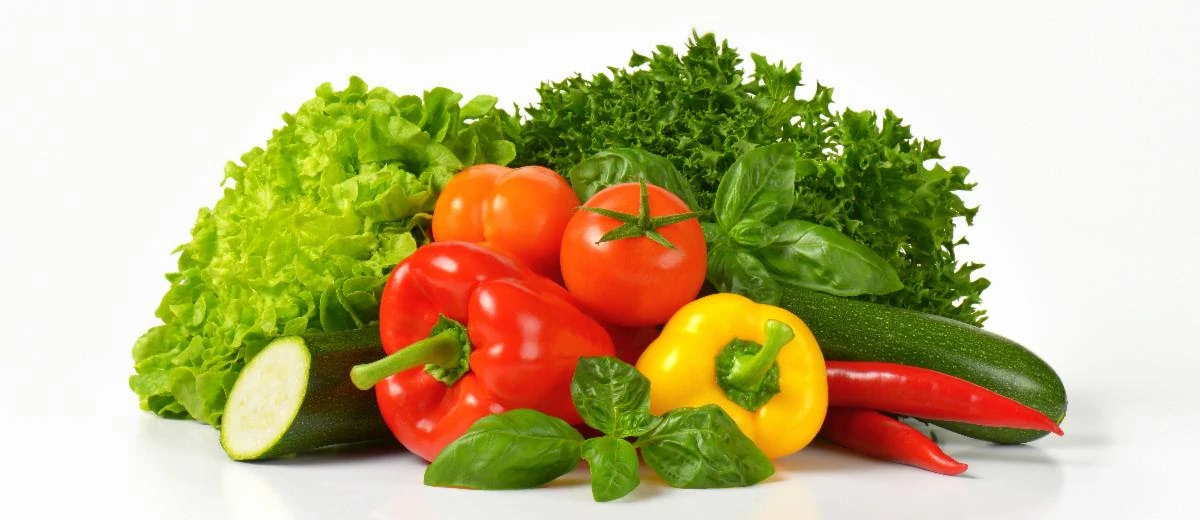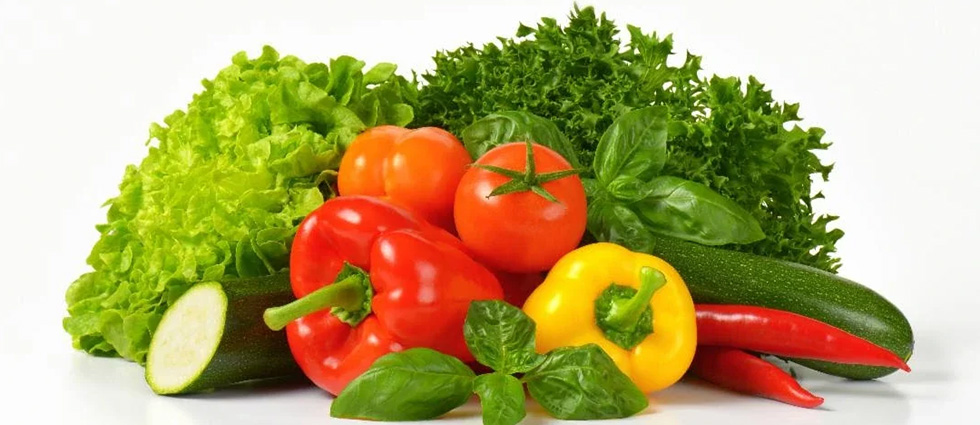Because of my agriculture background, I am often asked if organic produce is better than conventional. In full disclosure I served on the USDA’s National Organic Standards Board (NOSB) in the past, and our company sells both organic and conventional frozen peppers.
Which is healthier for the planet?

When it comes to choosing between organically grown and conventionally grown vegetables, the answer depends on what your priorities are. For the most part, organically grown vegetables are produced without synthetic pesticides, herbicides, or genetically modified organisms. This means you’re less likely to ingest chemical residues, though conventional produce sold in the U.S. is subject to strict food safety limits.
In some cases, conventional farming inputs are used for organic farming because an organic substitute simply doesn’t exist. In these cases, a deviation may be approved by the NOSB so that the crop can still be called organic.
No scientific studies exist that show that overall, one method of farming is better than the other. Each has pros and cons. The pros of organic farming include less fertilizers, less pesticides, lower chemical run off, and in many cases higher soil biodiversity. All of these attributes are good for the planet. However, organic farming generally requires more land due to lower average yields per acre than conventional farming, up to 25% or more depending on the crop or location. This requires a larger carbon footprint than conventional for the same tonnage, especially for frozen vegetables coming into the United States all the way from Asia or Europe.
Under ideal growing conditions, organic field yields can be comparable to conventionally grown fields, but ideal conditions don’t exist all of the time. We currently don’t have enough arable land worldwide to replace conventionally grown fields with organic even if we wanted to switch.
Why is organic more expensive in the store than conventional?
The primary reason is the field yield differences and in some cases the distance to market. Because of the difference in average yield per acre, organic generally requires more ground, which means more farming inputs to get to the same tonnage per acre as conventional. Conventional inputs also make it easier to get high yields off substandard soils. This keeps overall costs down, which makes produce more accessible to underserved communities.

The distance to market can be a factor for some organic frozen vegetables. Because organics can be more susceptible to growing condition changes, the areas that are available to grow organically can be further away than local conventional fields. For example, California is a primary growing region for organic bell peppers which are shipped across the US because the weather is consistent which on average make organic field yields higher and more predictable, than say, an east coast field subject to rain and humidity during the growing season.
Which is healthier for you?
Nutritionally, research shows that organic and conventional vegetables are broadly similar in terms of vitamins and minerals, though some studies suggest organics may have slightly higher antioxidant levels. The studies that exist are generally biased toward where your preferences lie. What is unbiased is a diet rich in fruits and vegetables, whether they are farmed organically or conventionally is considered healthy.
Overall
In practice, both systems have trade-offs. Conventional agriculture feeds billions of people efficiently requiring less land, at reduced costs, but it often comes at a cost to soil health, biodiversity, and greenhouse gas emissions from synthetic fertilizers. Organic farming aims to minimize these impacts, but it sometimes struggles with productivity and consistency of delivery which often times leads to higher prices for consumers, and a larger carbon footprint.
For the planet, integrating the best of both—such as reduced pesticide use, regenerative soil practices, and smart technology—may ultimately be the most sustainable path forward. For you personally, choosing organic may reduce your exposure to synthetic chemicals and support more eco-friendly farming practices, but eating a diet rich in vegetables—whether organic or conventional—is the single most important factor for your health.


